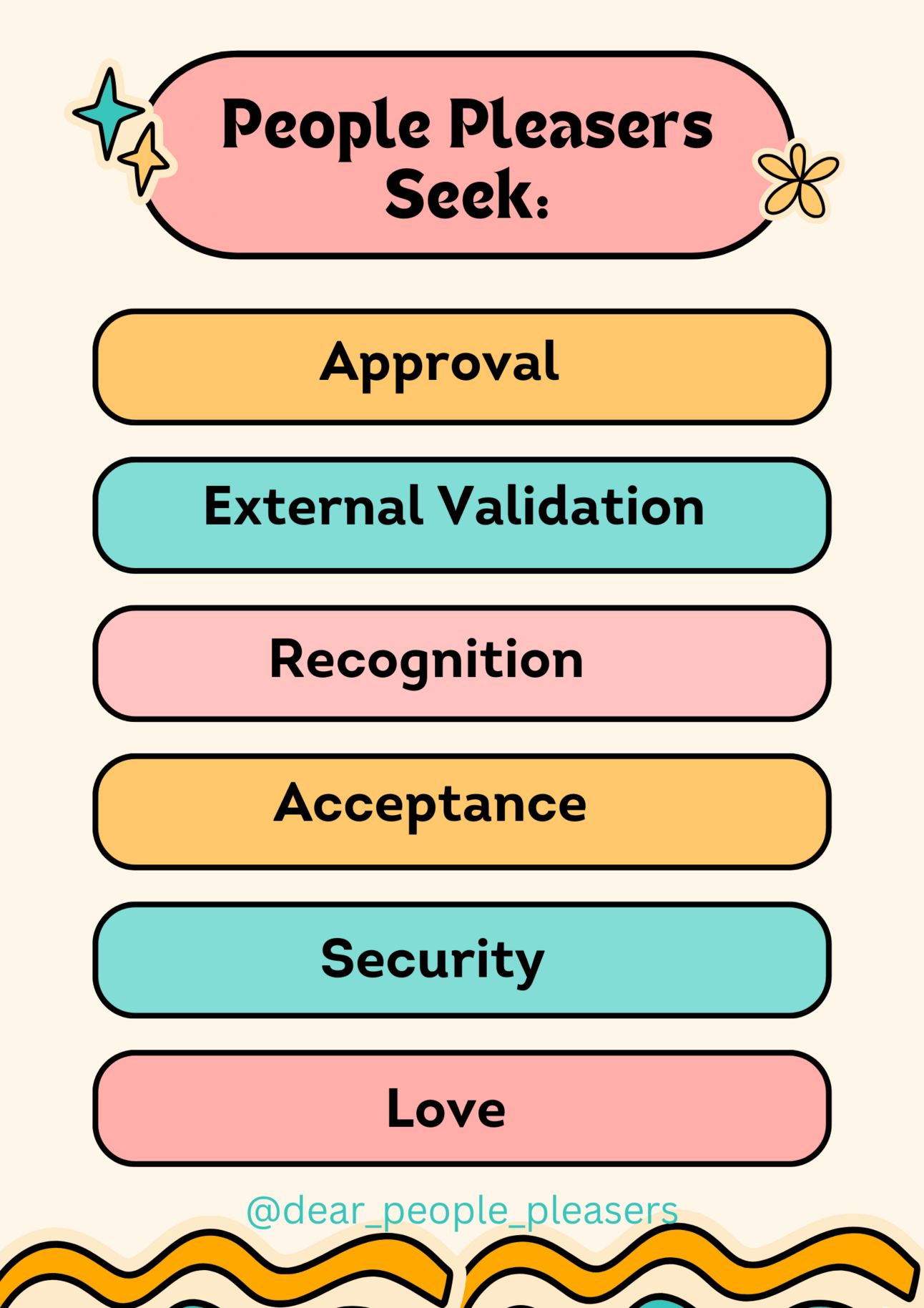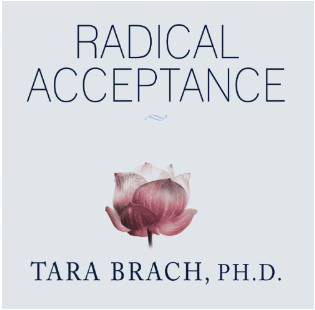Why Are We Like This?
...and how to start healing
Dear Nurturer of Others,
When is the last time you had to pour from an empty cup? Do you feel like you are on “E” all too often? Nobody notices, or cares? You are in good company, I have felt this way too. Today I want to break down what people-pleasing is, and share some truths on how to recognize our pattern of falling into giving, when our cup is empty.
Our friends at Merriam Webster define People Pleasing as:
A person who has an emotional need to please others often at the expense of his or her own needs or desires
The underlying urge to make others happy and to be positively regarded is quite natural
How did this happen to us?
Becoming a people pleaser is typically a trauma, or stress based response to life events that make us feel insecure, or unsafe. We may not remember what stressor drove us into this behavior, but it ultimately shapes our character out of the basic human need for safety.
We abandon our most basic needs out of fear of:
Rejection
Being disliked
Being uncared for
Lastly, and at the core of MOST people pleasing tendencies: fear of being unloved.
What are we looking for?
People pleasers and super-givers may not realize this, but due to our fear of being unlovable, we need others to need us. By showing up for everyone else, we find that we can make ourselves indispensable, which in turn makes us valuable.

Created on Canva
How do we heal?
The first step in becoming more secure in ourselves, is by becoming self-aware. The four pillars of emotional intelligence (EI or EQ), build on each other, and begin with Self-Awareness. Most of us people-pleasers, (myself included) hear EQ, and automatically assume that we are EXPERTS at it- because we are so in tune with the emotions of those around us. This may sting- but that assumption is FALSE. We are part of the problem when we forget or don’t realize the importance of identifying our own emotional status. Becoming self-aware is not instantaneous. It may be a life-long practice (again, myself included). Once we become self-aware, we can work towards showing up more genuinely in our relationships, with not decreased, but increased compassion for everyone else, because we have felt the spectrum of emotions within ourselves. Look out for next weeks newsletter on emotional vocabulary and how to identify different states of feeling.
Here are some tips on how to practice self-awareness:

If this is your first time becoming aware of the part we play in our people-pleasing patterns, welcome, and great job getting through this newsletter. If there is someone in your life who comes to mind when you were reading this who may benefit from knowing the “why” behind who we are- please share!
❝
"I found myself praying: May I love and accept myself just as I am. There is something wonderfully bold and liberating about saying yes to our entire imperfect and messy life. But this revolutionary act of treating ourselves tenderly can begin to undo the aversive messages of a lifetime.”
Tara Brach, Radical Acceptance
A few resources to lean on until next week:
Books (hyperlinked):

Linked Above

Linked Above

Linked Above
Try to find a moment of time for yourself this week- hope to see you next Tuesday for more on emotional intelligence and self-awareness!
Cheers,
K.Alexandra
P.S. I would love to know what people pleasing has meant in your eyes, comment below!


When I finished high school, I considered myself a person who could adapt and work with any kind of person. I now realize that I might have been a people pleaser.
It's possible to have outgrown it, but it's a good reminder to be aware of this.